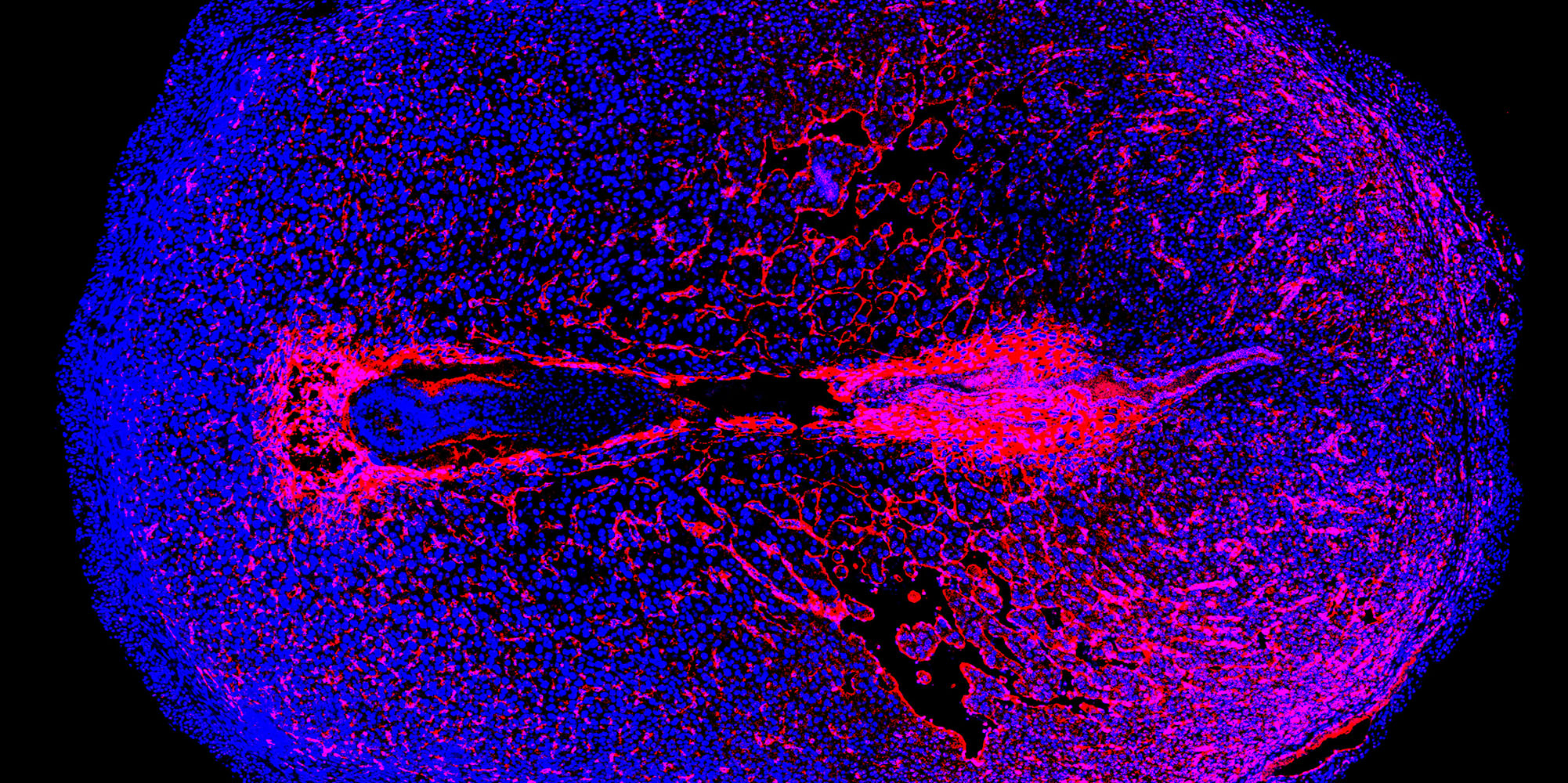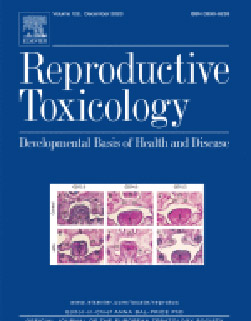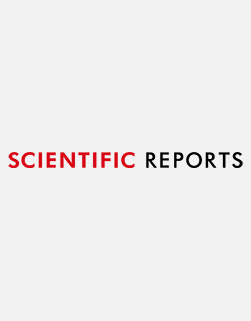Exposure to dangers in the environment, especially during pregnancy, can have long-lasting and devastating health impacts on maternal and child health. There is growing concern that endocrine disrupting chemicals, widely used in plastics and personal care products, are a contributor to reproductive disorders and infertility. Evidence also suggests that stress and diets high in saturated fats also led to impaired reproductive function as well as maternal obesity. Research within the Environmental Impact on Reproductive Health theme aims to address how exposure to EDCs, high fat diets, and stress impacts pregnancy outcomes and reproductive health.
Recent Publications from EIRH
View full list of publications from EIRH
From Leaders of the Theme
EIRH strives to improve reproductive health by gaining fundamental knowledge in both normal variation in reproductive function and fertility disorders/diseases and developing therapeutic tools through multi-disciplinary research collaborations across campus. Researchers in EIRH use genomics, epigenomics, mechanics, and bioengineering tools to develop platforms to study the physiology and pathology of the reproductive system, and subsequently, the endocrine system.
To investigate these effects, scientists study the molecular pathways that are affected in response to environmental exposure among reproductive organs. Since genomic plasticity in response to environmental cues is also determined by changes in gene expression mediated by epigenomic mechanisms, the genome-epigenome relationship across generations will also be uncovered. Additionally, collaborative studies will utilize bioengineering tools to direct cell clusters towards in vitro formation of complex and three-dimensional organoids to explore the impact of environmental factors on reproductive function. By leveraging combinations of resources that are unique to Illinois, EIRH will address critical gaps in knowledge on the impact of endocrine disrupting chemicals, diet, and stress on reproductive health.







